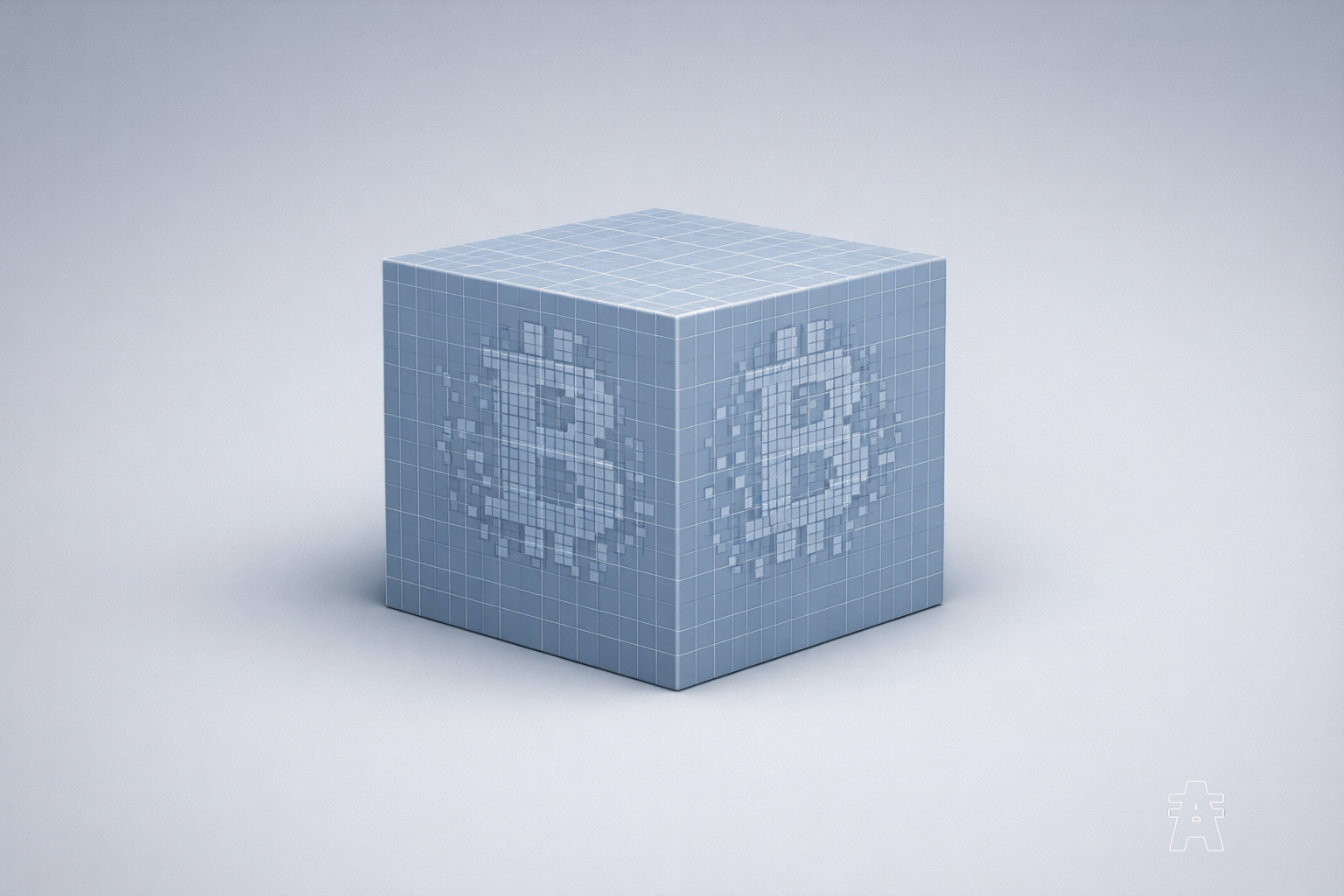Table of Contents
Introduction
Has it ever crossed your mind that blockchain development services, the same technology underpinning cryptocurrencies like Bitcoin and Ethereum, could be a game-changer in protecting our environment? As the environmental preservation challenges grow, the world is looking for unconventional solutions, and here's where blockchain enters the picture.
In this article, we'll explore the concept of blockchain, how it works, and how it intersects with environmental sustainability. Additionally, we will look into specific applications of blockchain in environmental sustainability,
Understanding Blockchain Technology
What is Blockchain?
Before we dive deeper, let's demystify blockchain. Simply put, blockchain is a decentralized, digital ledger that records transactions across many computers. These records or 'blocks' are secured using cryptography, providing an unparalleled level of transparency and security. It's a vast landscape, with pioneering blockchain service providers broadening their applications beyond the financial realm.
How does Blockchain work?
Picture a chain where each link is a block containing transaction data. Once a block is added, tampering with its information is nearly impossible. Why, you ask? Best blockchain developers achieve this by encrypting the blocks and attaching the unique 'hash,' or signature of the preceding block, forming a virtually unbreakable chain.
Did you know? As per a study by Gartner, the business value added by blockchain is expected to exceed $3.1 trillion by 2030. Quite impressive, right?
Blockchain and Environmental Sustainability
Current Environmental Challenges
With issues ranging from climate change and deforestation to biodiversity loss and resource depletion, the environmental challenges we face are formidable. Traditional systems for tracking and managing these issues often lack efficiency and transparency. The need for a revolution is clear, and that's where blockchain can play its part.
The Role of Technology in Sustainability
Here comes blockchain, riding in like a knight in shining armor. Blockchain development services have the potential to revolutionize environmental solutions, injecting them with unprecedented levels of accountability and efficiency.
Applications of Blockchain in Environmental Sustainability
Carbon Emissions Tracking and Management
Blockchain enables transparent, tamper-proof tracking of carbon emissions from source to sink. This tracking can enable companies and regulatory bodies to enforce carbon policies more effectively, propelling the world towards greener practices.
Sustainable Supply Chain Management
Imagine a world where you can track a product's journey from farm to table or mine to market in real time. It's not a dream but a reality with blockchain.
Fun fact: Blockchain-driven "smart contracts" can automate and streamline supply chain processes, eliminating the need for middlemen and reducing inefficiencies.
Renewable Energy Trading
Did you know that blockchain technology can create a peer-to-peer trading system for renewable energy, bypassing the traditional grid? Imagine selling excess solar power directly to your neighbor!
Waste Management and Recycling
When it comes to waste management and recycling, blockchain comes into play once again. It can authenticate waste disposal and recycling processes, promoting waste reduction and improving recycling rates.
Advantages and Limitations of Blockchain for Sustainability
Advantages
Blockchain technology's key benefits for environmental sustainability include the following:
- Transparency: The decentralized nature of blockchain allows for an ecosystem based on trust. Everyone involved can validate the information, deterring greenwashing and false sustainability claims.
- Security: Blockchain's unique data encryption methods make tampering with information almost impossible. This provides solid proof of sustainable practices.
- Traceability: Particularly in sectors like supply chain management, blockchain enhances traceability, giving consumers the power to make environmentally conscious decisions.
Limitations
However, blockchain also faces certain challenges:
- Energy Consumption: The process of 'mining,' or creating new blocks, requires substantial computational power and energy. For context, the Bitcoin network alone consumes more energy than in some countries!
- Technical Complexity: The steep learning curve associated with blockchain technology can inhibit its mainstream adoption.
- Regulatory Hurdles: National and international regulatory bodies have yet to establish a clear consensus on dealing with this decentralized technology, adding to its implementation complexity in sustainability initiatives.
Real-World Examples of Blockchain in Sustainability
Project Provenance
Ever wondered about the journey of the product you buy from the store? Project Provenance, based in London, uses blockchain to provide transparency in supply chains, allowing you to track a product's journey from source to store.
IBM's Green Horizons
IBM, one of the giants in blockchain service providers, has made significant strides in environmental sustainability. Their initiative, Green Horizons, leverages blockchain to monitor air pollution in China in real time.
Fun fact: IBM's Green Horizons initiative uses machine learning algorithms and IoT data to forecast air pollution, allowing authorities to take proactive measures.
Plastic Bank
Plastic Bank is using blockchain to both combat ocean plastic and poverty. It incentivizes plastic recycling in impoverished communities - a win-win, don't you think?
The Future of Blockchain in Environmental Sustainability
The possibilities of blockchain in environmental sustainability are still being explored. With commitment from industry leaders and policymakers, we could witness significant progress in blockchain-powered sustainability. The future is greener with blockchain, and it's a journey worth embarking on!
Conclusion
As we stand on the brink of significant environmental challenges, blockchain development services offer a beacon of hope. From carbon tracking to waste management, blockchain has the potential to redefine our approach to sustainability. The path may be filled with challenges, but for a healthier planet, it's a journey we must embrace. With blockchain, we have the power to make a difference. Are you ready to be a part of this green revolution?








